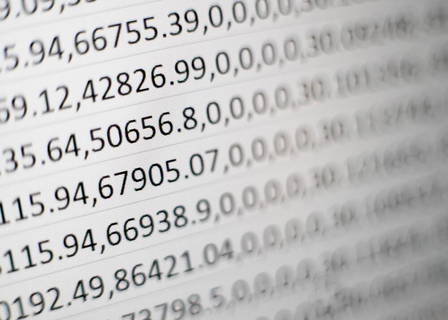suggested fee
Showing 29 posts related with suggested fee.
-

Create your own NFT, in Layman's Terms
In this blog post I will provide step by step instruction on creating an NFT with no knowledge of the process, from scratch.
-

Using the Algorand Blockchain to Track COVID-19
Sample code for scraping and processing IReport-Covid survey data from the Algorand Blockchain to better understand how COVID-19 affects people in real time.
-

AlgoNim
AlgoNim is the first Algorand game incorporating all the features introduced in Algorand 2.0: Algorand Standard Assets (ASA), Atomic Transfers (AT) and Algorand Smart Contracts (ASC1).
-

Contribute to the Algorand Developer Docs
The official Algorand Developer Documentation repository is now public and open to contributions. Read the contributing guide to get started.
-

Simple example using Algorand with Unity 3D Engine
Initial example to integrate Algorand into a Unity 3D graphics engine project. A small step in the creation of Virtual Worlds and their BlockChain economy.
-

Use Quick-Algo to Start Running an Algorand Node in Under 1 Minute
Learn the basics to running an Algorand node and use the `quick-algo` shell script to get you up and running with a fully customizable Algorand node in under 1 minute.
-

Using Assets and Smart Contracts in Real Estate
Blockchain enables disruptive innovation within the real estate industry. This tutorial series explains the basics and creates an NFT to represent a property.
-

Tic-Tac-Toe dApp
Design and deploy the Tic-Tac-Toe game on the Algorand blockchain. The game logic is implemented as a Stateful Smart Contract using PyTeal while the communication with the network is done using the py-algorand-sdk.
-
 Intermediate · 1 hour
Intermediate · 1 hourHybrid Online / Offline Shared Management of Community ASA through Multisig Account
In this tutorial you will learn how to share the management of a “Community Membership ASA” among the Community Board members with a Multisignature Account using a hybrid Online / Offline approach
-
 Intermediate · 1 hour
Intermediate · 1 hourTrack 65,000 Tickets - Arrays in Algorand
Learn how to create, update and read arrays in Algorand. We will utilize key-value pairs, bytes, and bits to persistently store almost 65,000 elements in a single smart contract.